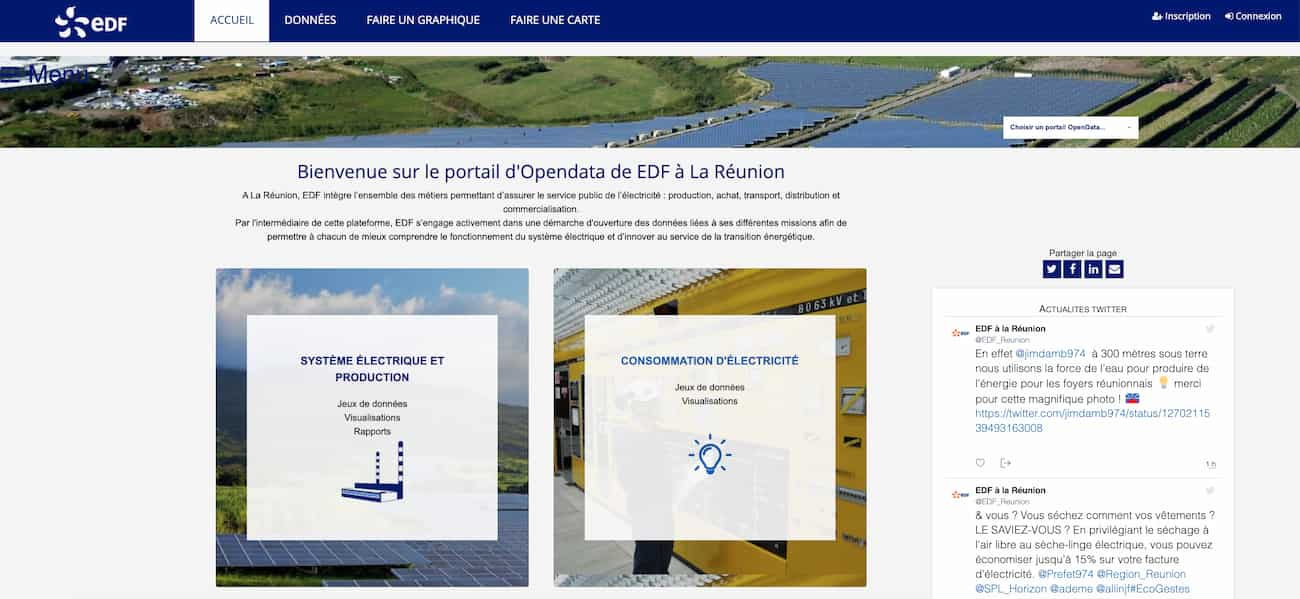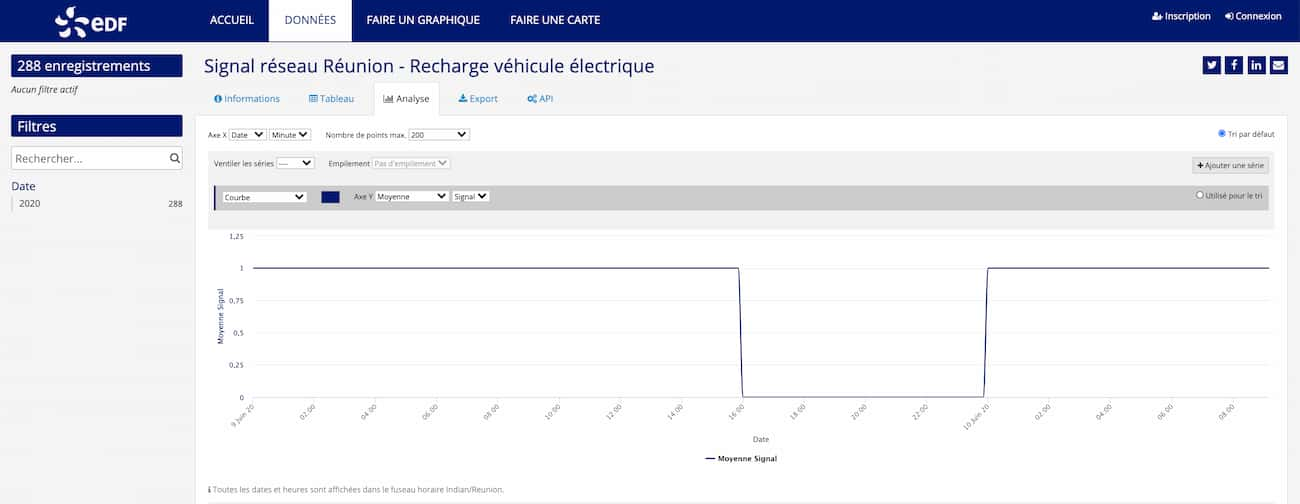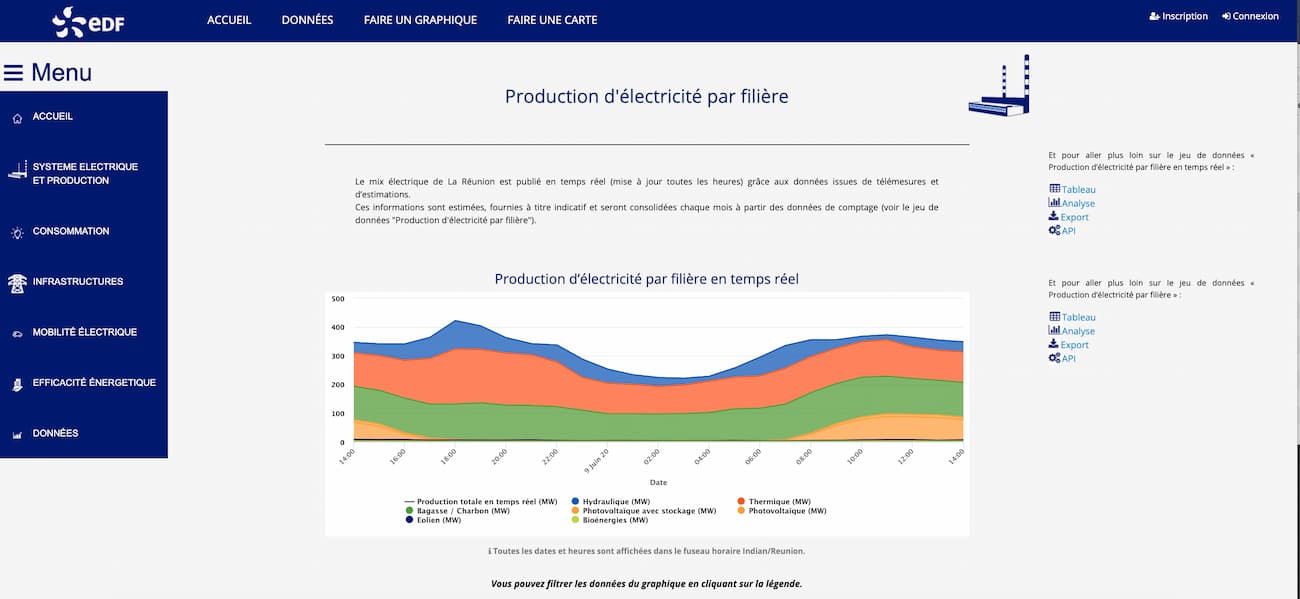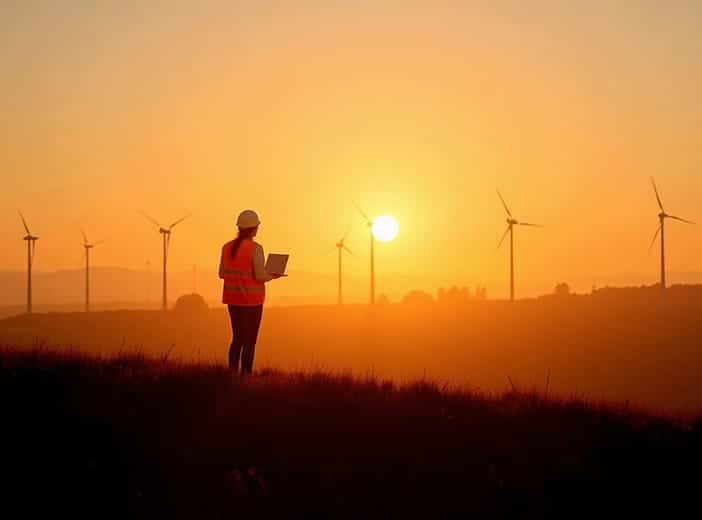What energy challenges are the French overseas territories facing?
Are you familiar with "island energy systems"? These "isolated" areas represent a real challenge in terms of electricity supply. The use of digital tools such as open data has the power to help overcome this challenge... Let's see how!

Everyone in France has heard of EDF, the country’s leading supplier of energy. But what about EDF SEI? In French, SEI stands for “Systèmes énergétiques insulaires,” which we would translate here as “Island Energy Systems,” or the energy systems of the overseas territories of France. EDF SEI is the branch of EDF that is responsible for the territories that are not connected to the electricity networks of mainland France. These territories mainly include the islands of Corsica, Reunion, Guadeloupe, Martinique, and Saint Pierre & Miquelon, as well as some islands off the coast of Normandy and Brittany – but also French Guiana, whose electricity system is not connected to Suriname or Brazil.
Since these areas are “isolated,” they represent a real challenge in terms of the supply of electricity, particularly when it comes to integrating the production of intermittent renewable energy such as solar and wind power. Digital tools like open data can be used to overcome this challenge…but how?
I spoke with Amalia Ouriachi, Smart Grids Project Manager at EDF SEI, to find out more.
Hello Amalia, thank you for taking the time to talk to me! First of all, what is your role at EDF SEI?
Hi Chloé! The Smart Grids Team makes use of technological innovations to benefit our power system and facilitate our energy transition. Among other things, these innovations include several large-scale projects based on data sharing.
How did the focus on open data come about?
Open data meets many of our needs: we wanted to share the data on our activities and increase our transparency by making this data available to as many people as possible. We were also bound by law to publish a certain amount of our data. Finally, we wanted to break new ground by introducing innovative ways to deal with the specific issues related to non-interconnected electricity networks.

What kind of data can help with this?
For example, we set up a public signal that allows us to optimize the charging of electric vehicles.
In the overseas territories, electricity systems are small, isolated, and fragile: they do not benefit from interconnections with neighboring countries. What’s more, they continue to rely in part on carbon (fuel oil, coal) to produce electricity and therefore emit more CO2 than mainland France. Electric vehicles are much more harmful to the economy and environment in these territories than in metropolitan France.
To reverse this trend and provide for eco-friendly electric mobility, we created a signal that indicates the status of the electrical system in order to optimize the charging of electric vehicles. The goal is for the charging to be done at those times of the day when solar power production is high or at night when energy consumption is low.
In this way, we avoid the peak electricity consumption of the early evening and reduce our CO2 emissions by charging at times when the energy mix contains less carbon.
What does this mean for the drivers of electric vehicles? How are they alerted?
There are two signals: the first (“0”) means that it’s not a great time for charging, while the second (“1”) means that the time for charging is ideal. The signal is displayed on our open data platforms (one platform per territory) and can be transmitted to the charging stations in real time.

Do all the charging stations receive the signal?
Not always, but the public authorities encourage the use of the system and reward sponsors who install it on their charging stations with a bonus in the form of Energy Saving Certificates. The goal of these “ESCs” is to reward energy-saving measures in various sectors such as construction, small and medium-sized industries, agriculture, and transportation.
The Advenir Label, introduced in mainland France in 2016, was extended to the charging stations of the French overseas territories in 2018, provided that the stations adjust their power in accordance with the network signal and respect a certain power threshold. This was a great victory for us and a unique application of our platform.
Congratulations! Do you use your open data portal for other things as well?
Yes, we do! We publish data on Reunion Island’s energy mix in real time. This data is extremely popular and has even been picked up by the Electricity Map platform – a site that lets you monitor the average rate of CO2 emitted by countries while producing electricity. In the next few months, we plan on publishing data from other SEI territories as well.
We have also found lots of new ways to use the platform, including internal applications spearheaded by the various territories. The advantage of the ODS platform is that it’s easy to use and visually pleasing.

Has the platform changed the way your teams work?
Yes, absolutely. The portal lets us consolidate data that was previously scattered and isolated. What’s more, the ability to work with dashboards and real-time data helps us improve our business processes considerably.
Do all your employees use the platform?
Our use of the platform is constantly evolving. The experience is different for each territory and employee, but all the employees who use the platform really love it.
Are there any platform-related projects in the works?
We are currently working on a project on the island of Marie-Galante in Guadeloupe to display real-time information on electricity production and the signal status of electric vehicles to the general public. The information is measured using sensors that communicate with our portal, and then displayed on a large screen.
Let's move on to something a little more personal...What's your favorite part of the job?
Having spent my entire career in the energy sector, I find the environmental and social issues the most interesting part of the profession.
I’m especially proud of our charging station signal project because it’s extremely innovative: in fact, we’re pioneers in the field! Thanks to this project and the Opendatasoft platform, we can confidently continue along the path of energy transition.




